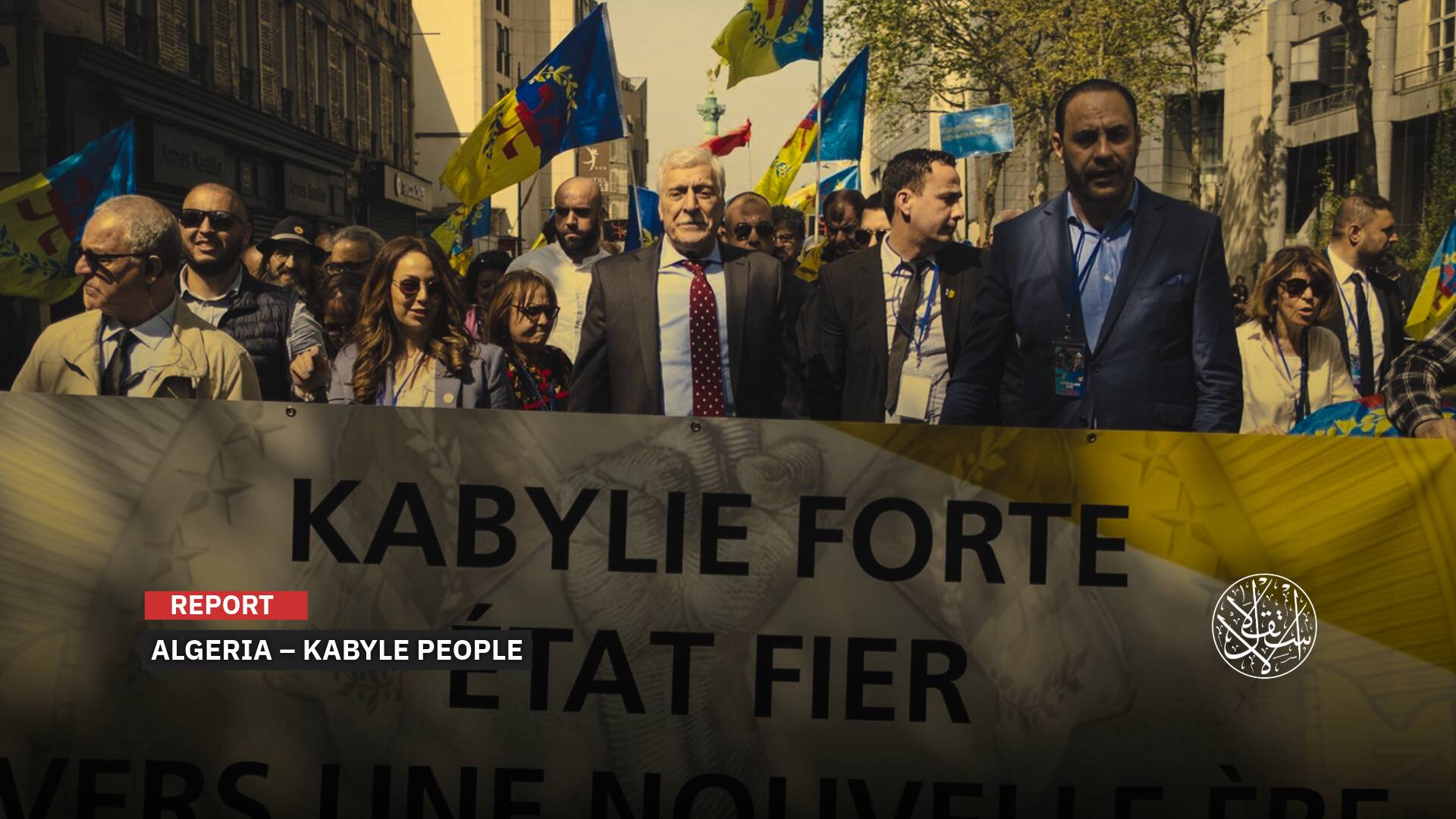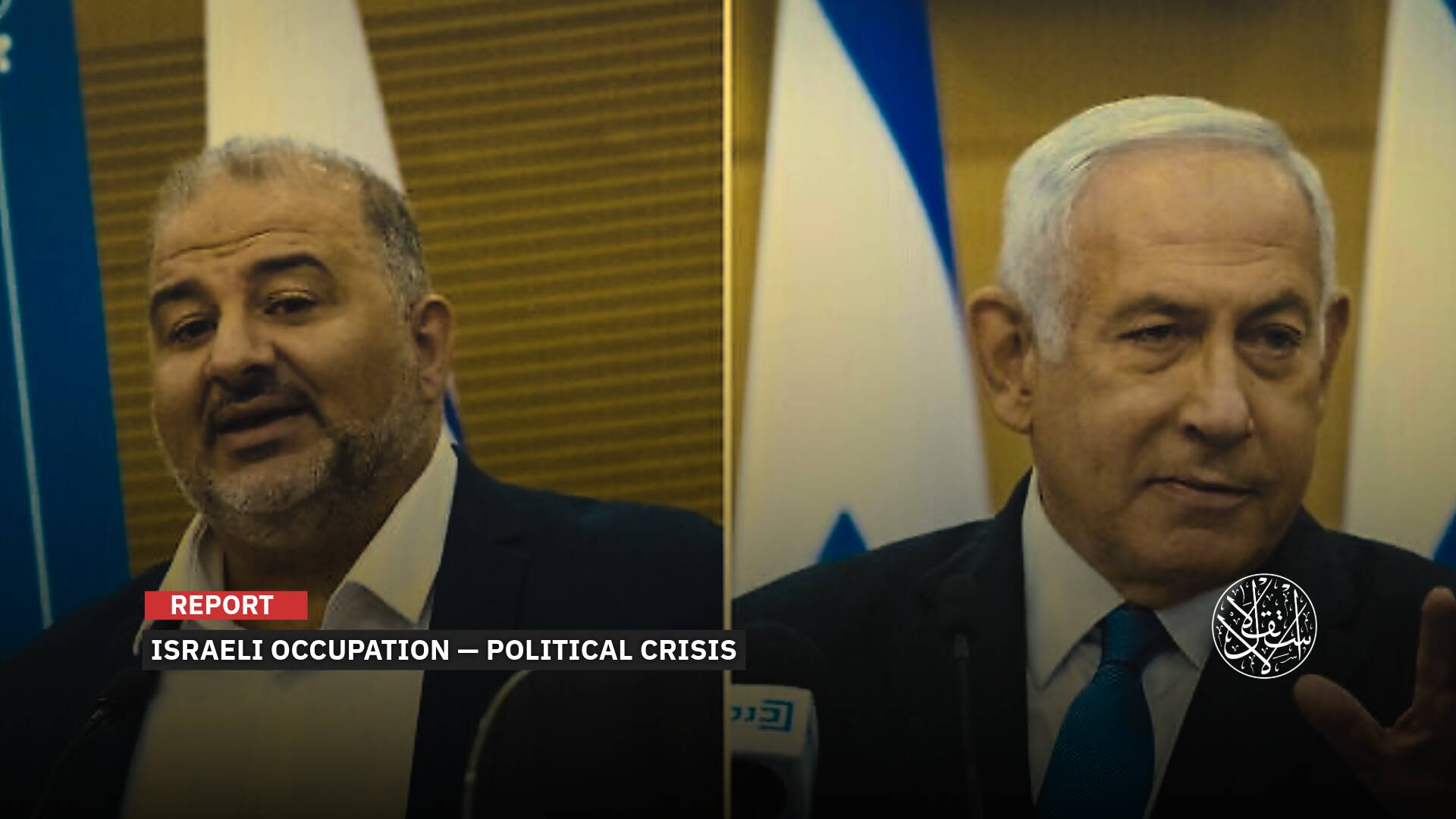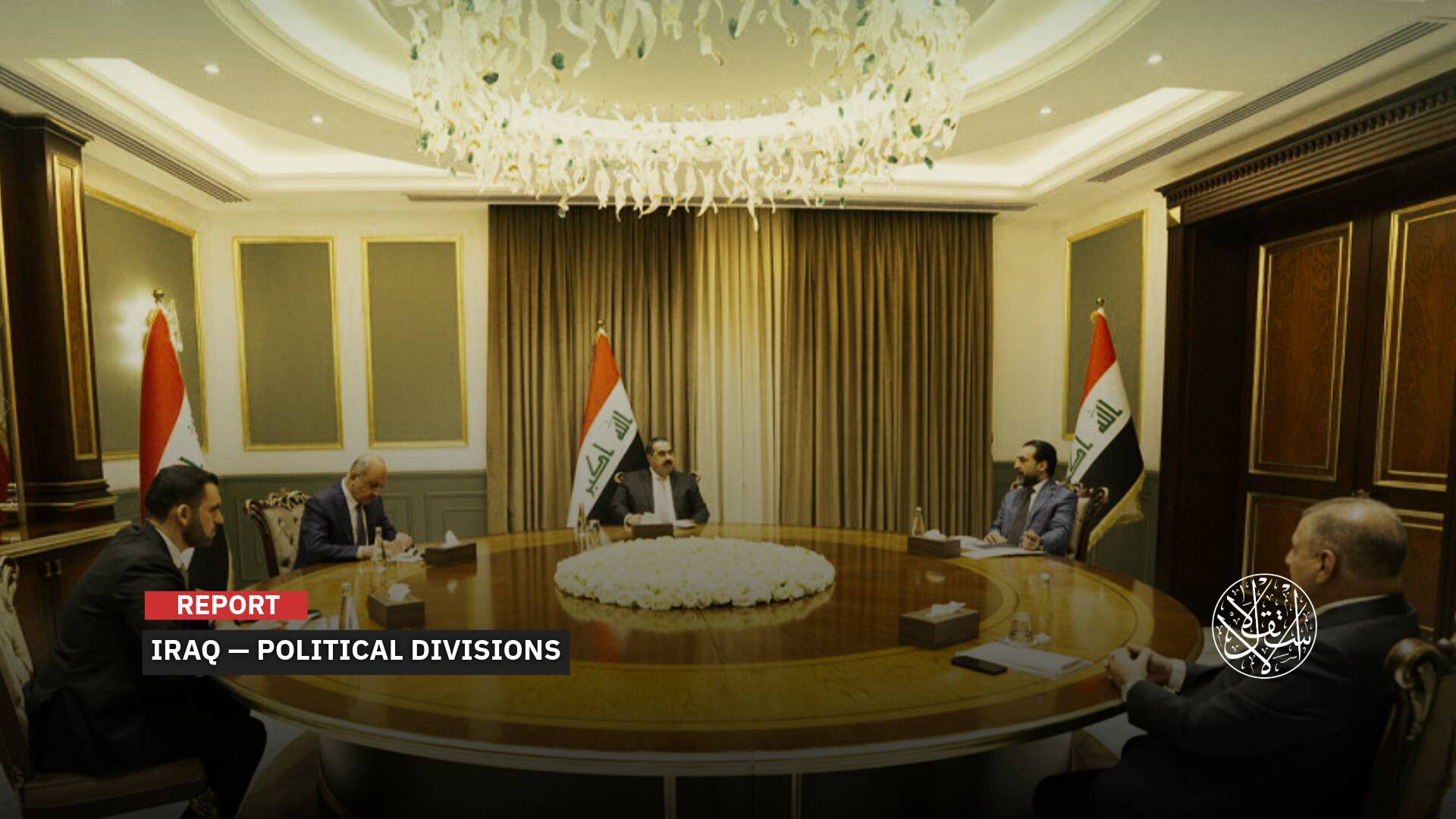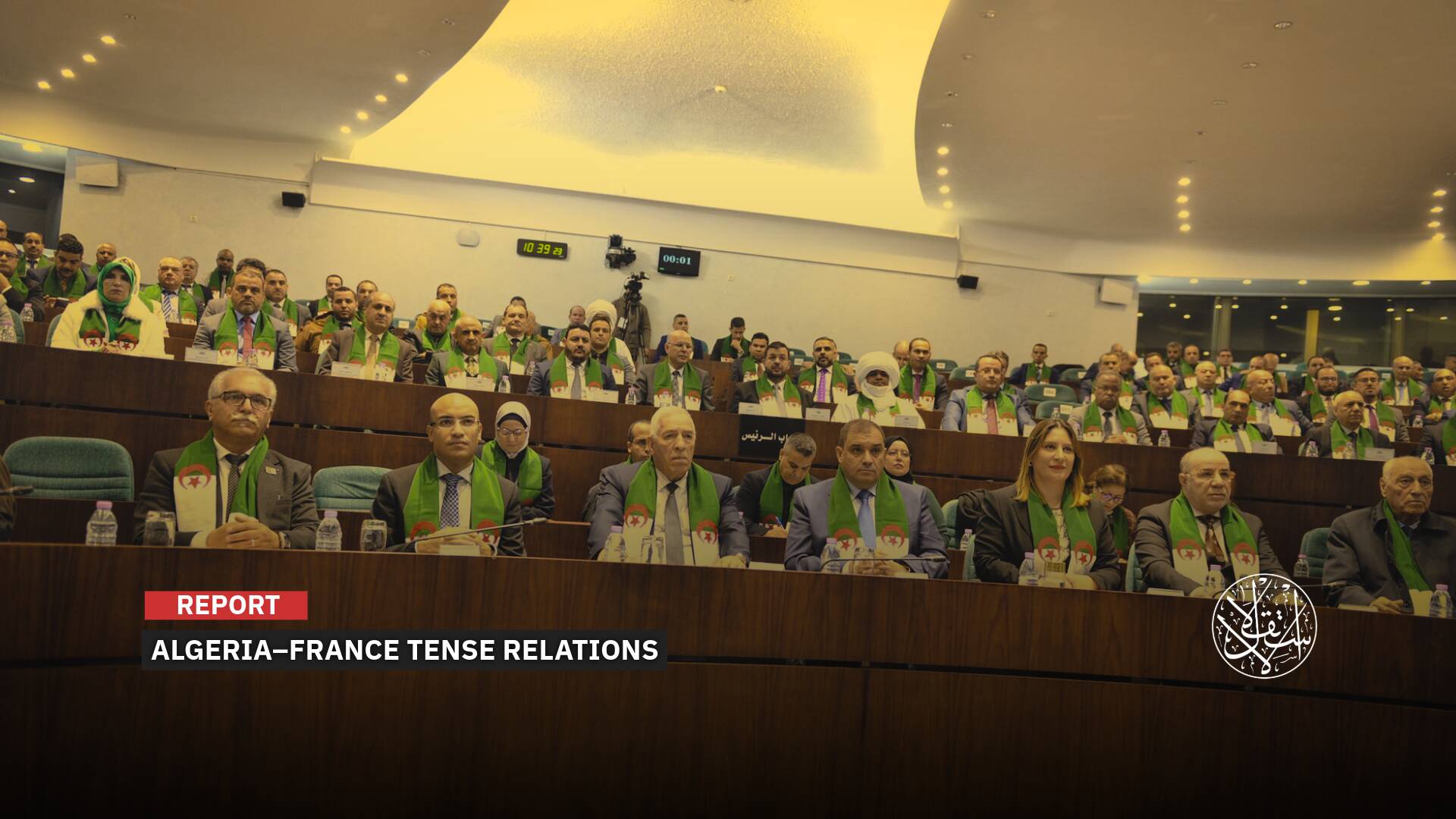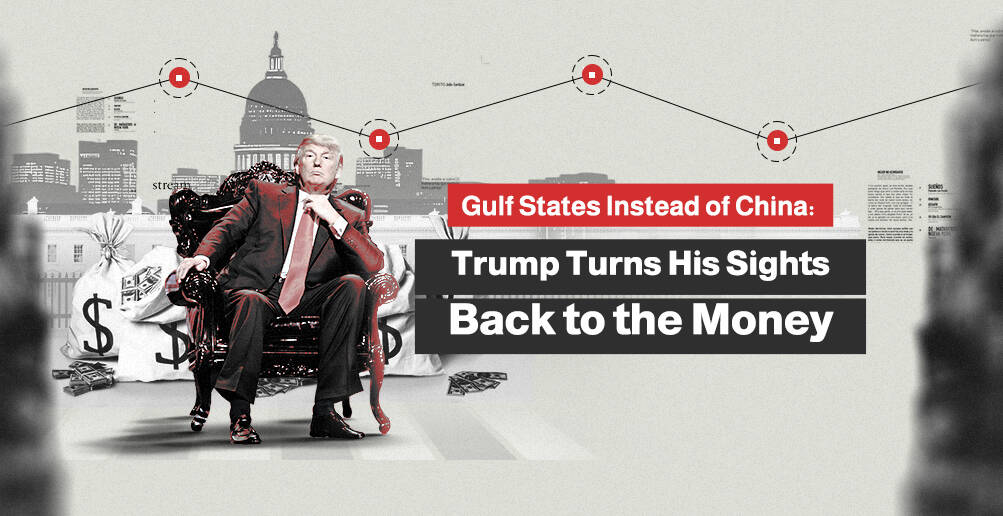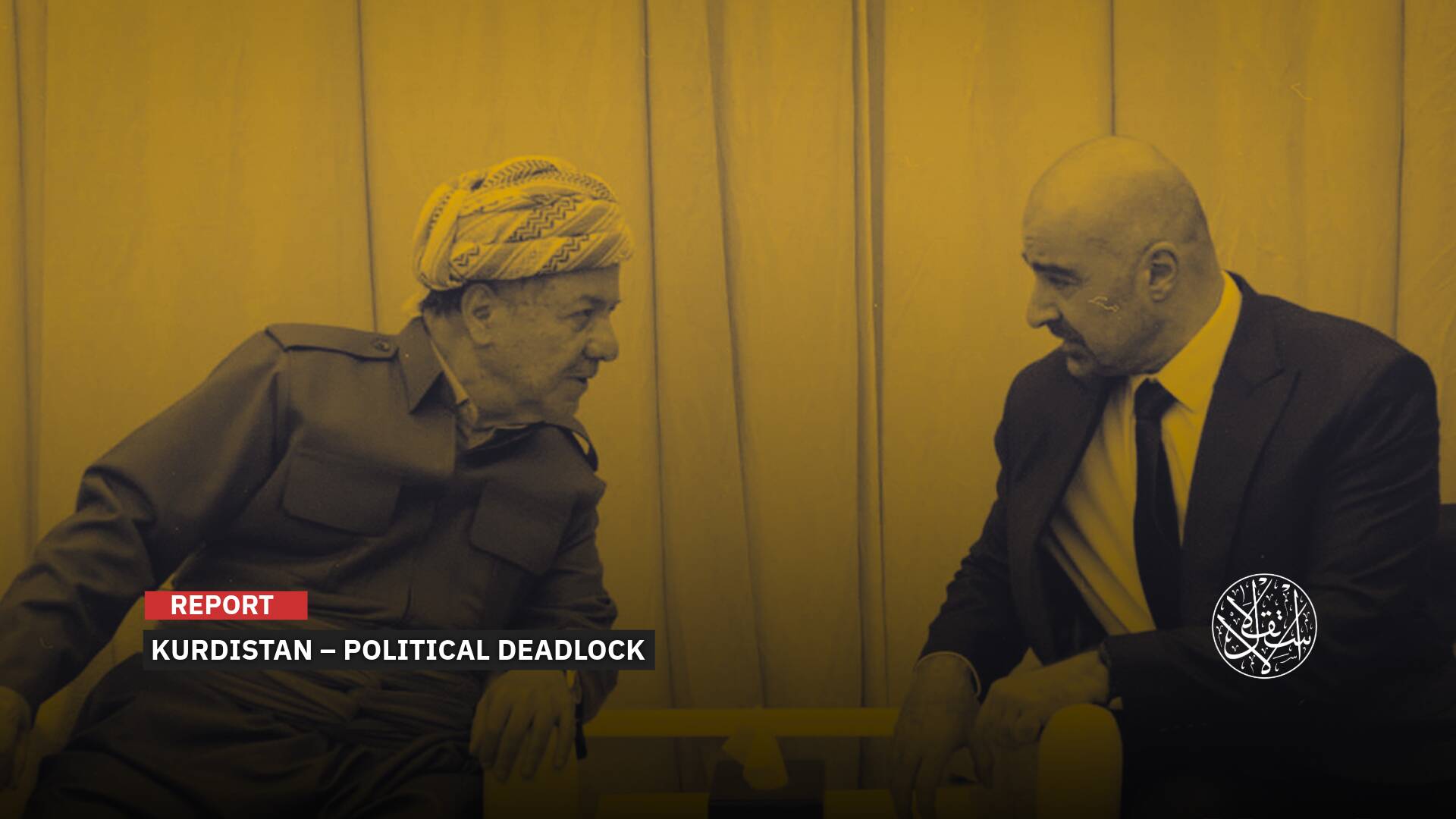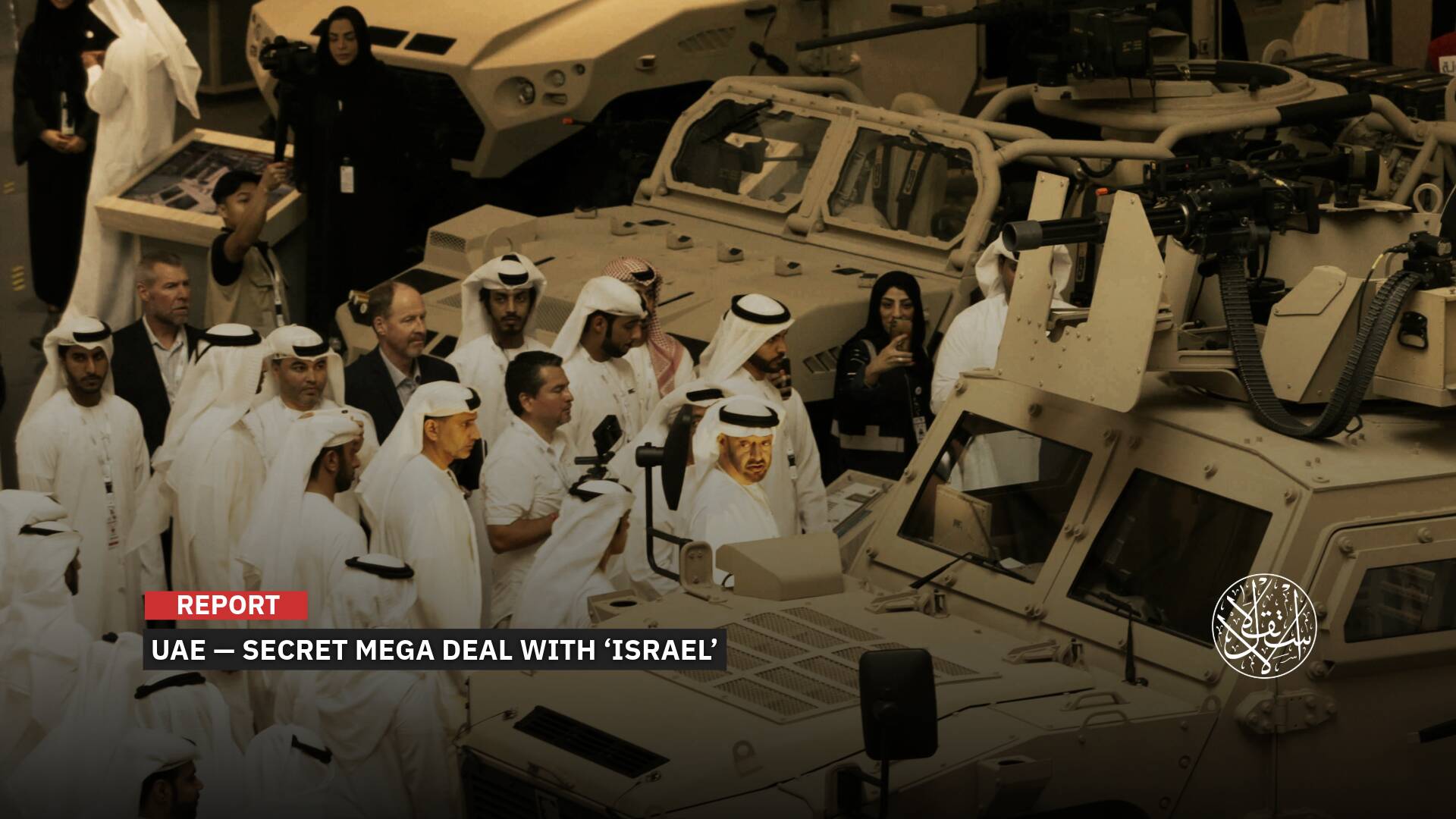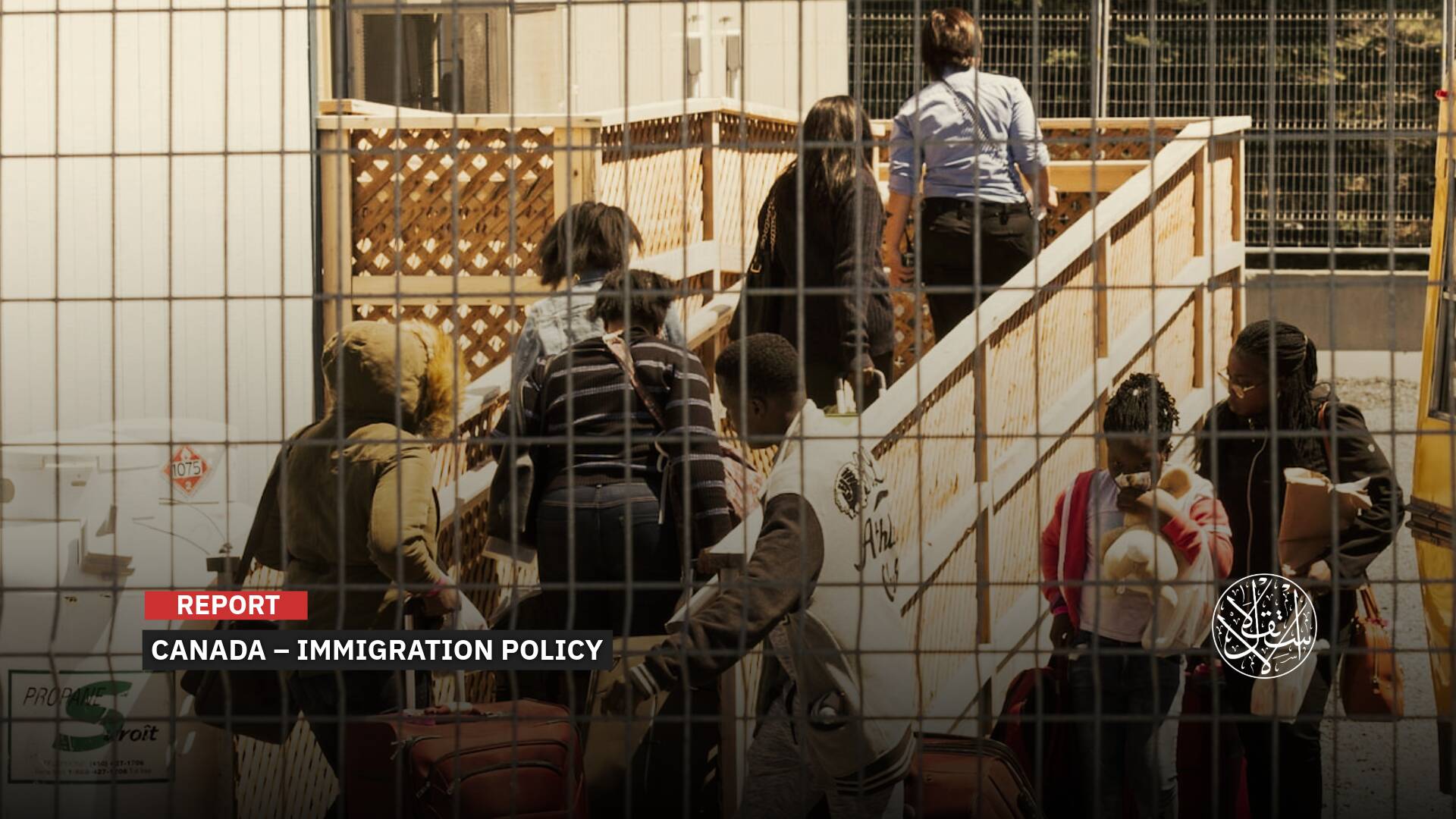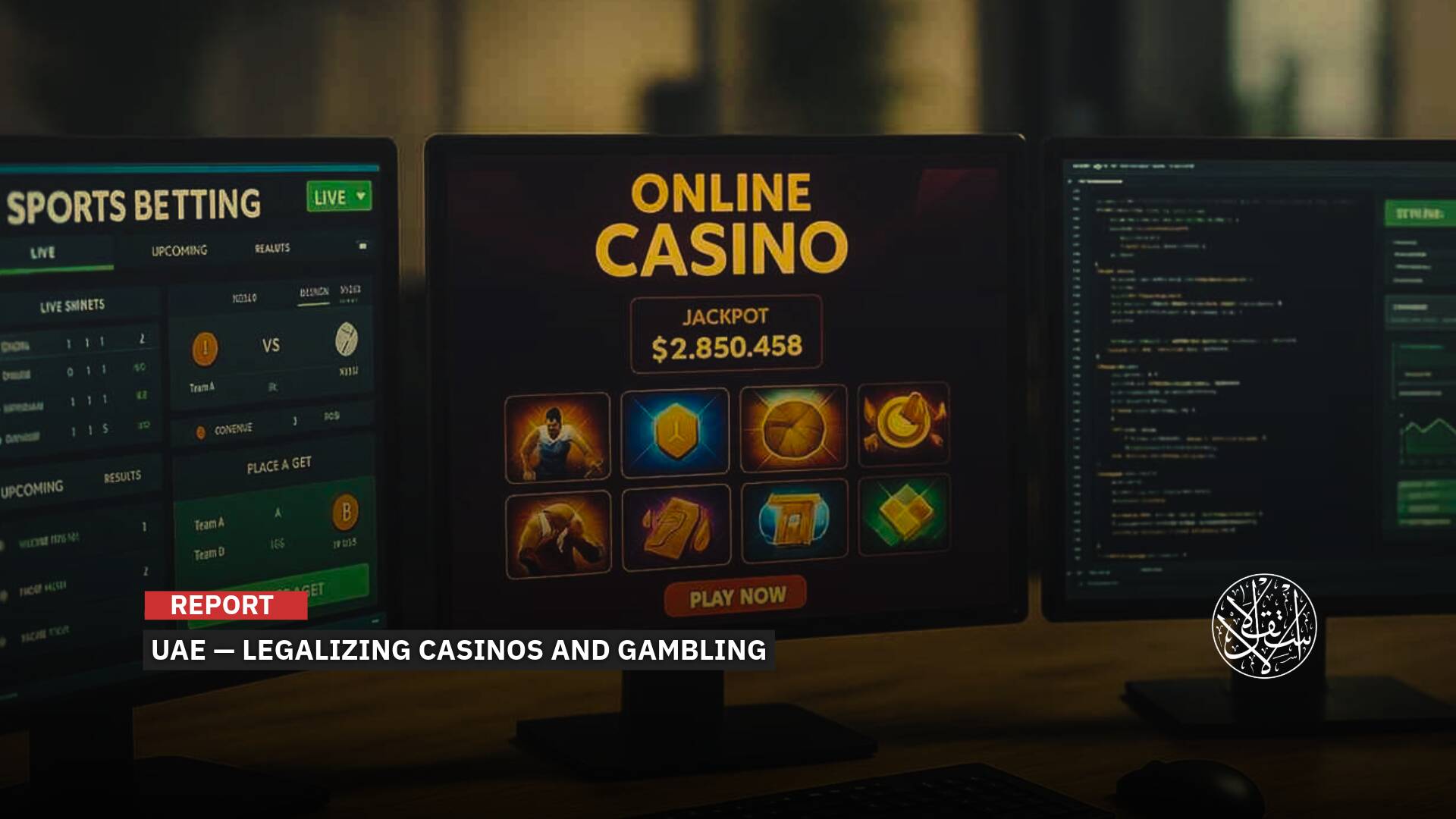New Beginnings: Has Algeria Conceded to France's Stance on Western Sahara?

Algeria is a key energy power, with France as a major gas customer.
After escalating tensions between France and Algeria over multiple issues, the presidents of both nations have announced the beginning of a new phase aimed at restoring their relations to the level seen before the crisis triggered by Paris's recognition of Morocco's claims over the Western Sahara.
This announcement came in a statement from the Algerian presidency on March 31, 2025, revealing that President Abdelmadjid Tebboune had received a phone call from his French counterpart, Emmanuel Macron, offering congratulations on the occasion of Eid al-Fitr.
In July 2024, Algeria recalled its ambassador from Paris following France's endorsement of Morocco's autonomy proposal as a solution to the ongoing dispute over the Western Sahara region.
For decades, Morocco and the Polisario Front have been locked in a territorial conflict over sovereignty of the region.
While Rabat proposes an expanded autonomy plan under Moroccan sovereignty, the Polisario Front advocates for a referendum on self-determination, a position supported by Algeria.
Algeria-France Reconciliation
The statement noted that the two presidents engaged in a "lengthy, frank, and friendly discussion" regarding the state of bilateral relations and the tensions that had built up in recent months.
"In this context, the leaders reaffirmed their desire to resume the productive dialogue initiated by the Algeria Declaration of August 2022, which led to significant progress in the field of memory, particularly through the establishment of a joint committee of French and Algerian historians and the repatriation of the remains of resistance martyrs."
The statement said that the two presidents agreed on the strength of the ties between Algeria and France, the strategic and security interests of both nations, as well as the challenges and crises facing both Europe and the Mediterranean-Africa region.
"All of these factors necessitate a return to a balanced dialogue between the two countries, as partners and key actors in Europe and Africa, fully committed to international legitimacy and the goals and principles outlined in the United Nations Charter."
"They also agreed to work closely together, in this spirit of friendship, to inject new ambition into their bilateral relationship, ensuring that all aspects are addressed effectively and that the anticipated results are achieved."
"The two presidents agreed to immediately resume security cooperation between the two countries," the statement continued.
The statement clarified that the two presidents also stressed the need for the immediate resumption of reliable, seamless, and effective cooperation on migration, aimed at addressing all aspects of movement between the two countries in a way that responds to the concerns of both nations.
"They also praised the work of the joint committee of historians, established at their initiative, and expressed their firm determination to continue this work in memory, completing it in the spirit of reconciliation and the rebuilding of the relationship, as committed by the heads of both states."
"From this perspective, the joint committee of historians will resume its work immediately and is set to meet soon in France, with the outcomes and tangible proposals to be submitted to the heads of state before the summer of 2025," the statement continued.
It also emphasized the importance of judicial cooperation between the two countries, with the presidents agreeing to resume exchanges and collaboration in this area and confirming the upcoming visit of French Justice Minister, Gerald Darmanin, to Algeria.
The two presidents emphasized the importance of enhancing economic cooperation between their countries in future sectors, committing to work towards boosting trade and investment while considering the interests of both nations.
President Macron also reiterated his trust in President Tebboune's wisdom and insight, urging him to make a gesture of forgiveness and humanity towards Boualem Sansal, given the writer's age and health condition.
The arrest of Boualem Sansal was one of the key sources of tension between the two countries. The 80-year-old Algerian author, who recently acquired French nationality, was detained in Algiers in November 2024.
Sansal was accused of undermining Algeria's territorial integrity after making controversial remarks about Western Sahara, and in March 2025, an Algerian court sentenced him to five years in prison.
In conclusion, the two presidents have agreed in principle to hold a meeting in the near future.
In July 2024, Algeria had expressed its "strong condemnation" of the French government's decision to support Morocco's proposed "autonomy plan" for Western Sahara under its sovereignty, warning Paris that the move contradicted the broader interests of peace, security, and stability in the region.
Algeria-France Crisis
French Foreign Minister Jean-Noel Barrot announced on April 1, 2025 that France intends to resolve the dispute with Algeria "firmly and without compromise," asserting that "dialogue and firmness are by no means mutually exclusive."
According to France 24, Barrot emphasized that the communication between Presidents Macron and Tebboune "has opened a diplomatic channel that could allow France to move towards a resolution of the crisis."
"The principles were outlined yesterday, and they will need to be implemented in practice. This will be the objective of my upcoming visit to Algeria," he added.
Speaking before the French National Assembly, Barrot stated that the tensions between France and Algeria, "which we did not cause," benefit no one—neither France nor Algeria.
The minister further asserted that it is the right of the French to expect tangible results, “particularly in areas such as migration cooperation, intelligence sharing, counterterrorism efforts, and, of course, the unjust detention of our citizen Boualem Sansal.”

Algerian political activist and opposition figure Oualid Kebir criticized his country's position amid the ongoing crisis with France, questioning how the prolonged conflict—lasting nearly two years—between the two nations might be resolved.
In a statement to Al-Estiklal, Kebir suggested that the announcement of the crisis' end seemed as though President Macron had simply called Tebboune, issued instructions, and the matter was concluded.
He emphasized that the contents of the communication announced by the presidency, when considering all the statements made by the president, the foreign minister, and others, clearly indicate that the country's leadership has succumbed to France's dictates and accepted its conditions, as he put it.
He also noted that French Foreign Minister Jean-Noel Barrot will visit Algeria on 6 April, Boualem Sansal will be released, the ambassador will return to Paris—but then, what comes next?
"The Algerian regime failed to pressure France into reconsidering its stance on supporting Morocco's claim over Western Sahara," Sansal noted.
He went on to affirm that everything that has transpired recently regarding the bilateral relations between the two countries was nothing more than a storm in a teacup, as the Algerian regime is still unable to detach itself from France’s embrace.
Algeria's Concession
In response to the Algerian and French announcement, Khaled Chiat, a professor of International Relations at the University of Mohamed I, Oujda, asserted that the move demonstrates Algeria's inability to manage its crisis with Paris in a way that would secure political gains.
Speaking to Al-Estiklal, Chiat pointed out that "Algeria manufactured the crisis due to France's stance on Western Sahara, yet it failed to establish a clear strategic vision for its course and outcomes."
"Entering into a diplomatic crisis should be linked to the ability to manage it and emerge with positive outcomes," Chiat said, adding that in this regard, Algeria had failed to do so and had not taken into account the economic consequences of the crisis.
Chiat also spoke of what he described as conflicting directions and currents within Algeria concerning its approach to the crisis with France.
"There is a rigid stance, while another favors easing the political atmosphere," Chiat said, suggesting that the latter is currently steering towards finding solutions to the crisis with France.
"The crisis Algeria manufactured against France was not based on any internal, objective motivation for the country, especially since it claims not to be a party in the Western Sahara dispute."
"Therefore, the French position could have passed without incident, without leading to such a crisis with France," he added.
Regarding Algeria's failure to gain any advantage in the Western Sahara issue and the absence of this topic from the phone call between Tebboune and Macron, Chiat stated that "it was not feasible for Algeria to ask Paris to reverse its decision just a few months after it was made, which is why the issue was not addressed during the call between Macron and Tebboune."
"France has strategic ties with Morocco that encompass its interests in Africa and the future of its relations with Rabat, making any shift in its stance on Western Sahara highly unlikely."
"This crisis will soon end with an Algerian concession, as Algeria's economic calculations were at risk," adding that "the French were aware from the outset that this outcome was inevitable, and they would reap further economic and political benefits from the crisis," Chiat noted.

In the same vein, Moroccan journalist and writer Tarek Qattab stated that Algeria had yielded after months of tension with Paris, accepting an agreement to end the crisis between the two countries without securing any gains, while France imposed its agenda.
In an analysis for Le360, Qattab noted that Tebboune had effectively closed the file on Western Sahara, which had now become a matter of little significance.
He described the developments as "a resounding setback that ends Algeria's illusions regarding the issue, marking a turning point that signals a major geopolitical shift in the Maghreb."
"The restoration of relations between the two countries has brought Algeria little to no tangible gain. Tebboune barely secured vague French support for a review of the partnership agreement between the European Union and Algeria. As for the other issues, France emerged as the clear victor."
"The biggest absentee—one that the Algerian regime will find difficult to justify—is the issue of Western Sahara, which has suddenly become a matter of little importance in the relations between France and Algeria," Qattab continued.
"Instead of serving as an honorable exit for Tebboune, this agreement has turned into a double humiliation for the Algerian regime, which overreacted recklessly to France's support for Morocco's claim over Western Sahara."
Meanwhile, Algerian journalist Mohamed Kadri affirmed that al-Makhzen—a term used in Morocco to refer to the deep state or the monarchy in its traditional form—has entered a state of anxiety and confusion.
According to Kadri, speaking to Algerie Maintenant, the recent developments in statements, particularly those from France, have prompted the Moroccan regime's media apparatus to launch coordinated smear campaigns, aimed at undermining any chance of reconciliation between Algeria and France.
"While Paris and Algiers are making concerted efforts to improve their relations, Moroccan propaganda is working to create false impressions about this détente, accusing Algeria of 'yielding' to French pressure, reflecting deep discomfort with the growing Algerian-French rapprochement," Kadri continued.
"However, this new rapprochement between Algeria and Paris, which many see as a step toward regional stability, has not been welcomed by Morocco, which has begun spreading doubt through its media channels."
"Algeria is moving steadily toward strengthening its national interests and achieving stability in the region," Kadri added.
Far-Right Backlash
Following the announcement of improved relations between Paris and Algiers after the phone call between Emmanuel Macron and his counterpart Abdelmadjid Tebboune, France's far-right has criticized the approach Paris is taking to ease diplomatic tensions with Algeria.
Laurent Wauquiez, leader of the Republican deputies in the National Assembly, accused the government, specifically Interior Minister Bruno Retailleau, of France's sudden reversal and shift in its stance on the Algerian issue, expressing regret over the development.
In an interview on TF1 on April 2, 2025, Wauquiez described the situation as "a scandal in every sense of the word," stressing that "France has decided to surrender, particularly when it comes to cooperation in migration and security matters between the two countries."
"I have a very specific question for the government regarding the security of the French people. Just days ago, we were told that there are around sixty Algerians considered a threat to our territory, and Algeria refuses to take them back. Is this one of the conditions for resuming dialogue with Algeria? Will Algeria accept them?"
"France has grown accustomed to a diplomacy of submission," rather than maintaining a "balance of power," Wauquiez said.
Strategic Cooperation
In his analysis of the future implications of improved relations between Paris and Algiers, Hosni Abidi, an expert on Algerian affairs, stated that "France considers Algeria a key partner in combating terrorism, given its expertise and capabilities in this area."
Speaking to al-Quds al-Arabi on April 1, 2025, Abidi added, "Additionally, France has a vested interest in Algeria’s stability, as it shares borders with countries engulfed in turmoil, such as Mali, Niger, and Libya."
"From this perspective, the two countries will resume their cooperation in combating armed groups in the Sahel region, where intelligence sharing will be crucial."
"The two nations will also collaborate on addressing the issue of hundreds of Algerian or French citizens of Algerian origin returning from Syria," Abidi said.
Abidi noted that Algeria is a significant player in the energy sector, with France being one of its key customers for gas, pointing out that Algerian gas accounts for between 6 and 7 % of France's supplies.
The crisis has cast a shadow over Paris's interests in Algeria, where approximately six thousand French companies operate. Trade exchanges dropped by between 20 and 30 % in some sectors in 2024, particularly due to the halt in French wheat imports.
The expert warned that Algeria needs France, which wields significant influence in Brussels, to help renegotiate its partnership agreement with the European Union, the country's largest trading partner.
The agreement, which came into effect in 2005, specifically stipulates the gradual and reciprocal elimination of customs duties on imported goods.
In October 2024, the Algerian president announced his intention to renegotiate the agreement with the European Union, while Algerian experts estimate that it has cost the country over $30 billion in lost profits.
Furthermore, both public and private Algerian companies face significant challenges in competing with their French counterparts, as the Algerian economy remained closed to competition for an extended period and has traditionally relied on the export of oil derivatives.
Sources
- French Foreign Minister Announces France's Desire to Resolve Dispute with Algeria "Firmly and Without Compromise" [Arabic]
- Algeria Accepts France's Recognition of Morocco's Sovereignty over Western Sahara [Arabic]
- Calm Returns Between Algeria and Paris, Frightening the Makhzen [Arabic]
- Strategic Issues Behind the Diplomatic Détente Between Paris and Algiers [Arabic]


